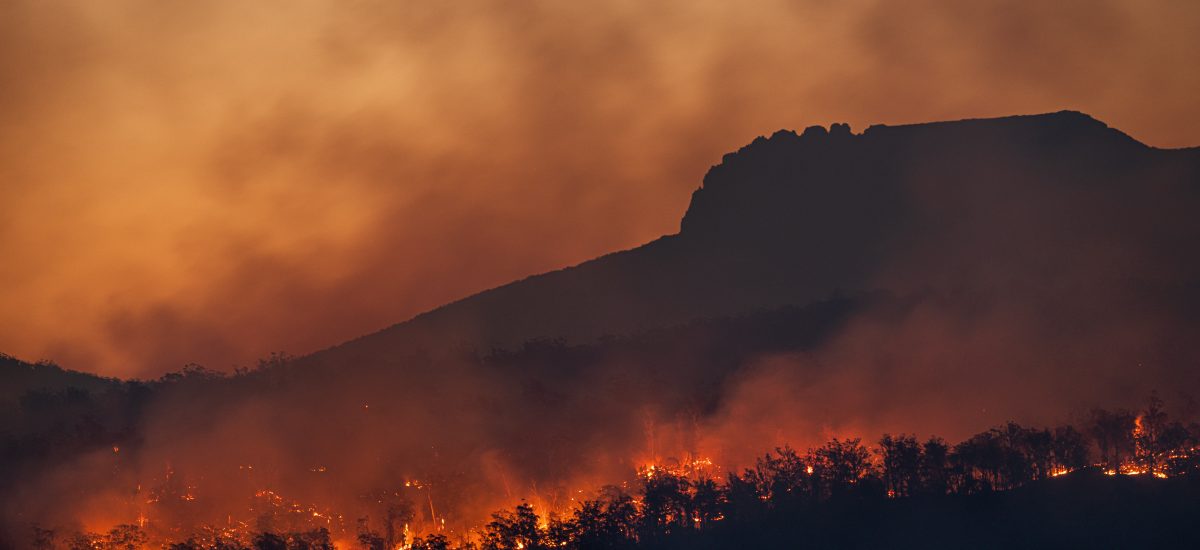EO-AI4GlobalChange
Our planet faces unprecedented environmental challenges, including rapid urbanization, deforestation, pollution, loss of biodiversity, melting glacier, rising sea-level, and climate change. In recent years, the world also witnessed numerous natural disasters, from droughts, heat waves and wildfires to flooding and hurricanes, killing thousands and causing billions in property and infrastructural damages. With its synoptic view and large area coverage at regular revisits, satellite remote sensing has played a crucial role in monitoring our changing planet.

Summary
The overall objective of the EO-AI4GlobalChange project is to develop innovative and robust methods for monitoring global environmental changes using Earth Observation big data and deep learning. This research will focus on three major global environmental challenges: urbanization, wildfires and flooding.
Open and free Earth observation big data such as Sentionel-1 SAR and Sentinel-2 MSI data have been used to demonstrate the novel deep learning-based methods in selected cities worldwide and various wildfire and flooding sites across the globe. For urban mapping, a novel Domain Adaptation (DA) approach using semi-supervised learning has been developed for built-up area extraction. Several novel methods have been developed for urban change detection, including a dual-stream U-Net and a Siamese Difference Dual-Task network. For early detection of active fires, Gated Recurrent Units and transformer networks have been used to improve GOES-R and VIIRS dense time series detections.
